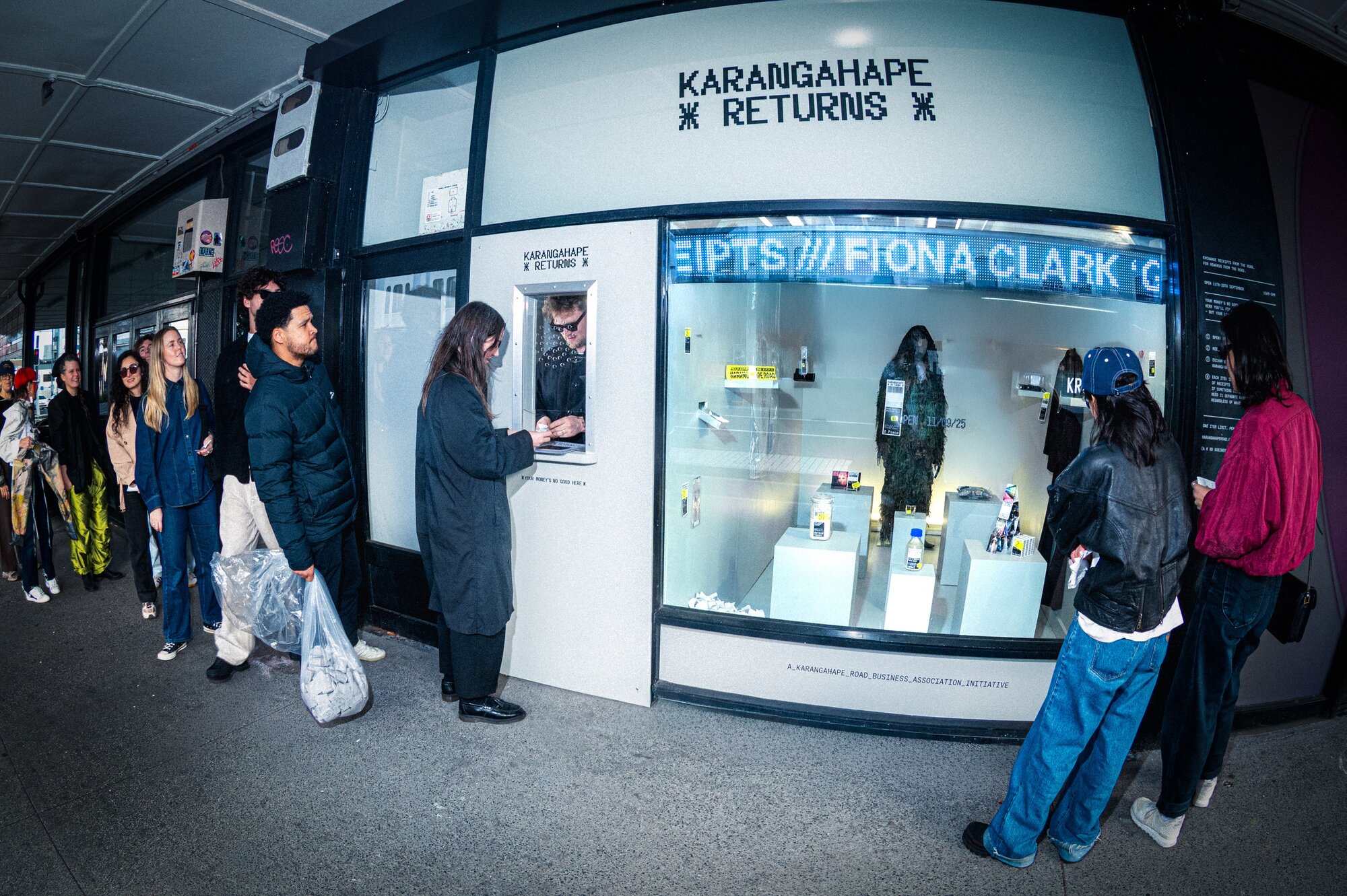There’s a launch strategy we’ve been seeing more of lately:
A new brand bursts onto the scene with a slick visual identity, a strong female-targeted product, and a major giveaway. Think luxury handbags, designer goods, or high-end experiences.
And in many cases — it works. The product sells out. The followers roll in. The campaign makes noise.
But it also raises a strategic question:
What happens after the giveaway?
1. When the Incentive Becomes the Identity
Big-ticket giveaways are magnetic. They drive fast engagement, spike sales, and offer a bold way to grab attention in a crowded market.
But here’s the risk:
If the giveaway becomes the centrepiece, the brand can fade into the background.
Customers remember the prize — not the product, the promise, or what makes the brand worth buying again.
2. Short-Term Sales ≠ Long-Term Brand Equity
When a product is introduced with a high-stakes reward, it can short-circuit hesitation. People trial it because the perceived value outweighs the risk. That’s a win.
But if the first interaction is all about the reward, it raises questions:
- Will customers come back without an incentive?
- Can they describe what the brand stands for — or just what it gave away?
- Have we built trust, or just temporary buzz?
3. The Strategic Trade-Off
This kind of launch can absolutely generate momentum — especially for a new business trying to cut through. But there’s a trade-off.
You might win the moment…
But will the brand be remembered for itself, or for the prize?
If brand clarity, tone, and product understanding aren’t established in parallel, you risk building followers without real affinity.
4. The Halo Effect: When Borrowing Brand Equity Works — and When It Doesn’t
There is a strategic case for aligning with a high-profile brand — particularly during a launch. It’s called the halo effect, and when it’s done well, it can:
- Fast-track trust and legitimacy
- Associate your brand with a certain lifestyle or aspiration
- Spark press and social interest through recognisable symbols
But it only works if the alignment makes sense.
If you're a wellness brand, an exclusive retreat or boutique spa weekend might deepen the brand story.
A luxury handbag or high-end tech gadget? It might get attention — but it doesn’t necessarily build the narrative.
When the prize or partnership feels disconnected, you risk:
- Diluting your brand values
- Confusing your audience (“Wait, what does this have to do with the product?”)
- Creating a moment that’s remembered for the prize — not the brand
So yes — borrow equity.
But only if it reinforces the story you’re trying to tell. Want to chat more? Get in touch.







